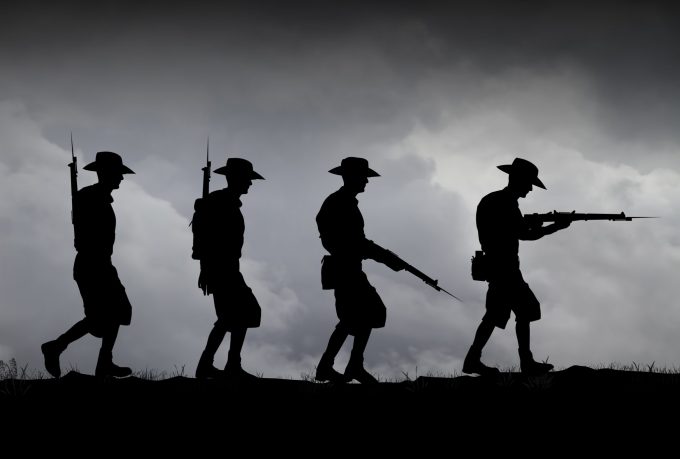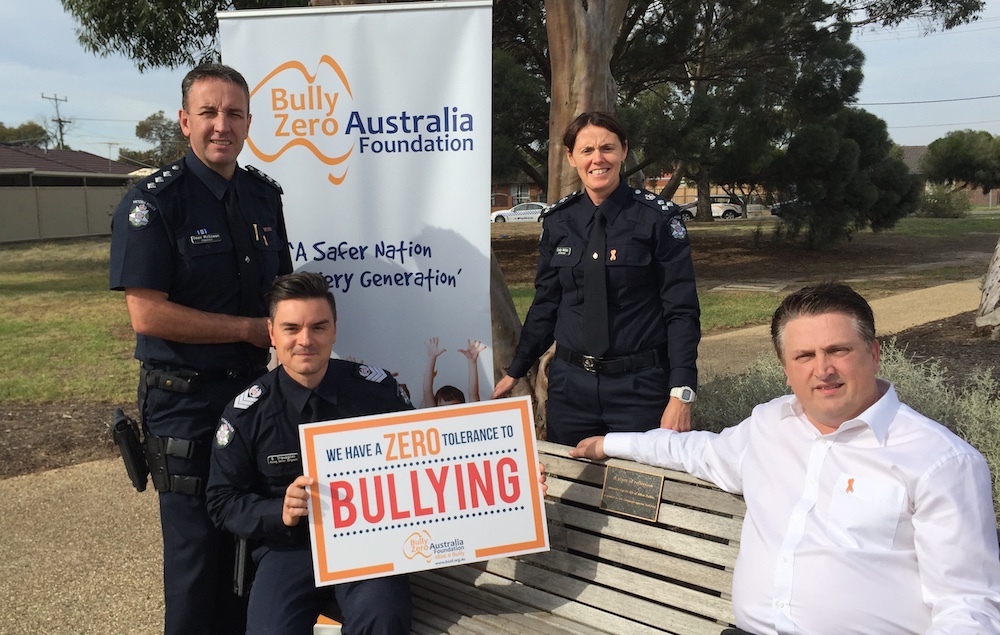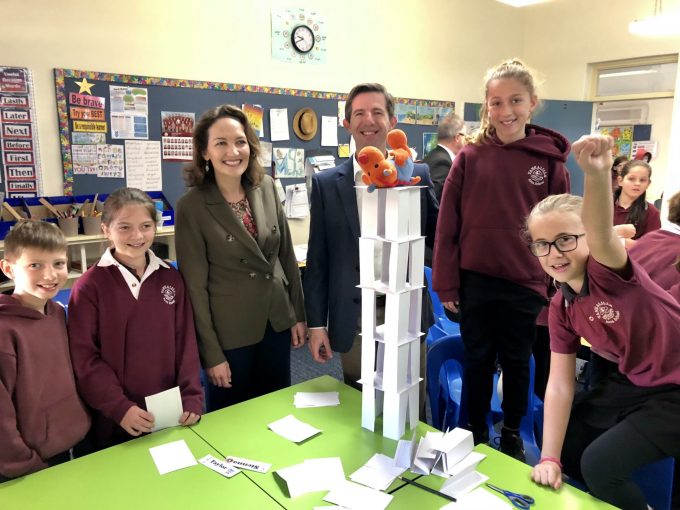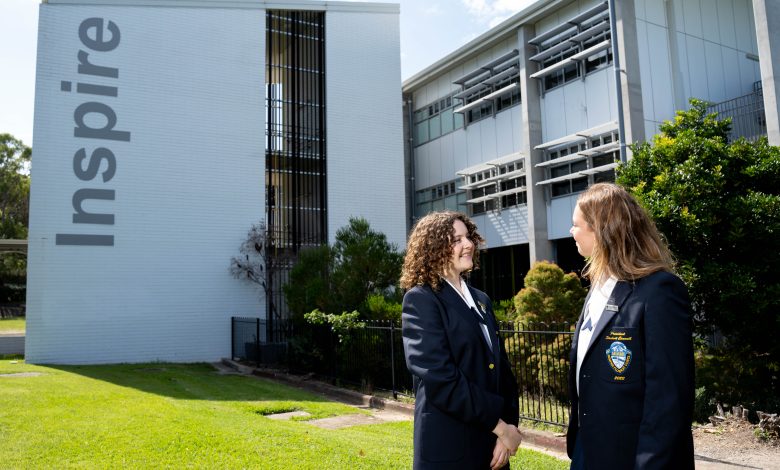
Last year, Miami State High School was named an A Team Tuition Secondary School of the Year – Government, at the Australian Education Awards. Acting Principal Jason Cross believes student voice and student agency gave his school the competitive edge. In this edition of School News, Mr Cross discusses the impacts of providing opportunities for students to be heard and listened to.
Read the latest issue of School News HERE
I’ve been connected with Miami State High School for twenty years. Recently, I stepped into the role of Acting Principal while Sue Dalton is on secondment as Assistant Regional Director.
As an educator, my passion is around building capacity in all our staff, and promoting student agency and student voice.
Fostering and developing student leadership has been a key focus at Miami State. From my perspective, that means ensuring we have a breadth of student leadership across the school.
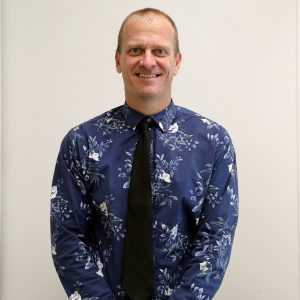
About four years ago, I introduced an Aspiring Student Leaders Program, running from Year 7 through to Year 11. The program helps develop students with leadership potential into future executive school leaders. Importantly, teachers nominate students they believe may hold leadership potential.
For me, this is an important part of the program, as teachers will often identify students that I might not know as well, and hadn’t considered.
At the end of the teacher nomination process, I end up with a list of students. Then, we also need to promote it to every single student so that every student has the opportunity. The program is also promoted to our parent community, so parents can have that conversation with their child about joining the program.
Once we have our final list of students, we get them involved in a weekly program that runs across Term 1 and Term 2. COVID-permitting, it spans seven lessons and it’s not just me standing up there and talking. We engage with a number of external organisations, and other community groups and they will come and speak with the students.
Engaging with these guest speakers and external organisations makes the program really powerful, and provides students with a diverse range of perspectives and leadership styles. Sessions are hands-on and go beyond just popping a PowerPoint on. We challenge the students with their thinking of what leadership is, and what it can be.
In conjunction with this leadership program, recently, Miami State rebranded its student leadership plan, connecting student leaders with the school values of ‘Respect, Connect and Inspire’.
Among our executive student leaders, our three school vice captains are now aligned to one of those values. The school has a school vice captain of Respect, of Connect and of Inspire. This has helped to create a clear alignment to these values for all students.
Creating this clear connection between the student body and our school values has been beneficial. Student leaders now see how they are going to demonstrate their school value to the student cohort, and also extend that value to learning.
Lifting of Covid restrictions has meant Miami State could introduce another initiative, a Student Agency Forum. All students were invited to attend a 70 minute session with their executive student leaders. The forum allowed students to voice their feelings and perspective, and share what they felt was working and what was not working within our school. The session was led by the student executive team and student leaders. Close to 50 students attended the session.
It was great to hear from those students, and now the student executive team for next year have some homework to do! They will need to follow up the concerns raised in that forum, and create some positive impact.
The forum was a worthwhile exercise, not only for the student cohort, but for teachers as well. While the students didn’t raise any issues that I was unaware of, what was really eye-opening was their approach and creative thinking.
Students came up with some creative solutions to some problems that they identified. Coming from a student lens, these solutions were different to what a staff member might have suggested.
As an example, every Friday at Miami State we have a period that is kept free for assemblies. What we heard from our forum was that the assembly agenda was not always clear. We do communicate that information across various platforms, but the students suggested that we put it on the School Instagram page because they are all active on Instagram. That was a simple change for us to make, and it showed the students the power in their own problem solving abilities.
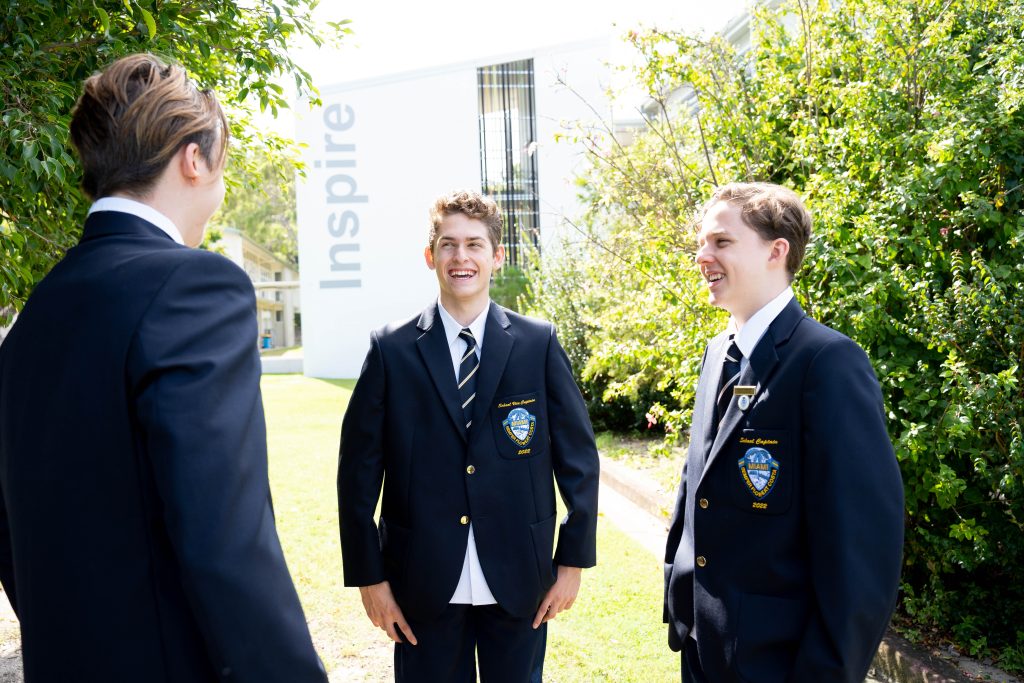
Looking to the future, a new initiative that I am excited about is the Growing Good Human Mentor Program. This will be introduced from next year, and will allow Year 9 and 10 students to step up and become student mentors to our Year 7 students.
These mentors will work with the Year 7 students to help them transition into high school, and will play a significant role in our school.
The focus of this program will be ensuring that our students are connecting with the schools’ values. When our students graduate and exit the gates of Miami State, we want to ensure that they are leaving as well-rounded young people. I believe that mentorship programs will play a significant role in this.
The Growing Good Humans Mentorship Program also provides additional opportunities for students to take on a role of responsibility. We have students who may not want to be part of the student leadership team but want to be involved in having a positive impact on the school. Not everyone wants to be school captain, so this program will provide an additional layer of leadership potential for those students.
For other schools interested in promoting student agency, my first piece of advice would be that you need to develop trust. This means developing trust among your staff in terms of the direction of the school, and developing trust with the students that their voices will not only be listened to, but actioned.
There’s been a lot of work at Miami State to develop that safe and supportive environment where students feel they can have an opinion and have a positive impact on the school. We started small, and with tangible, visible examples of students agency at work, and we have grown from there.”


